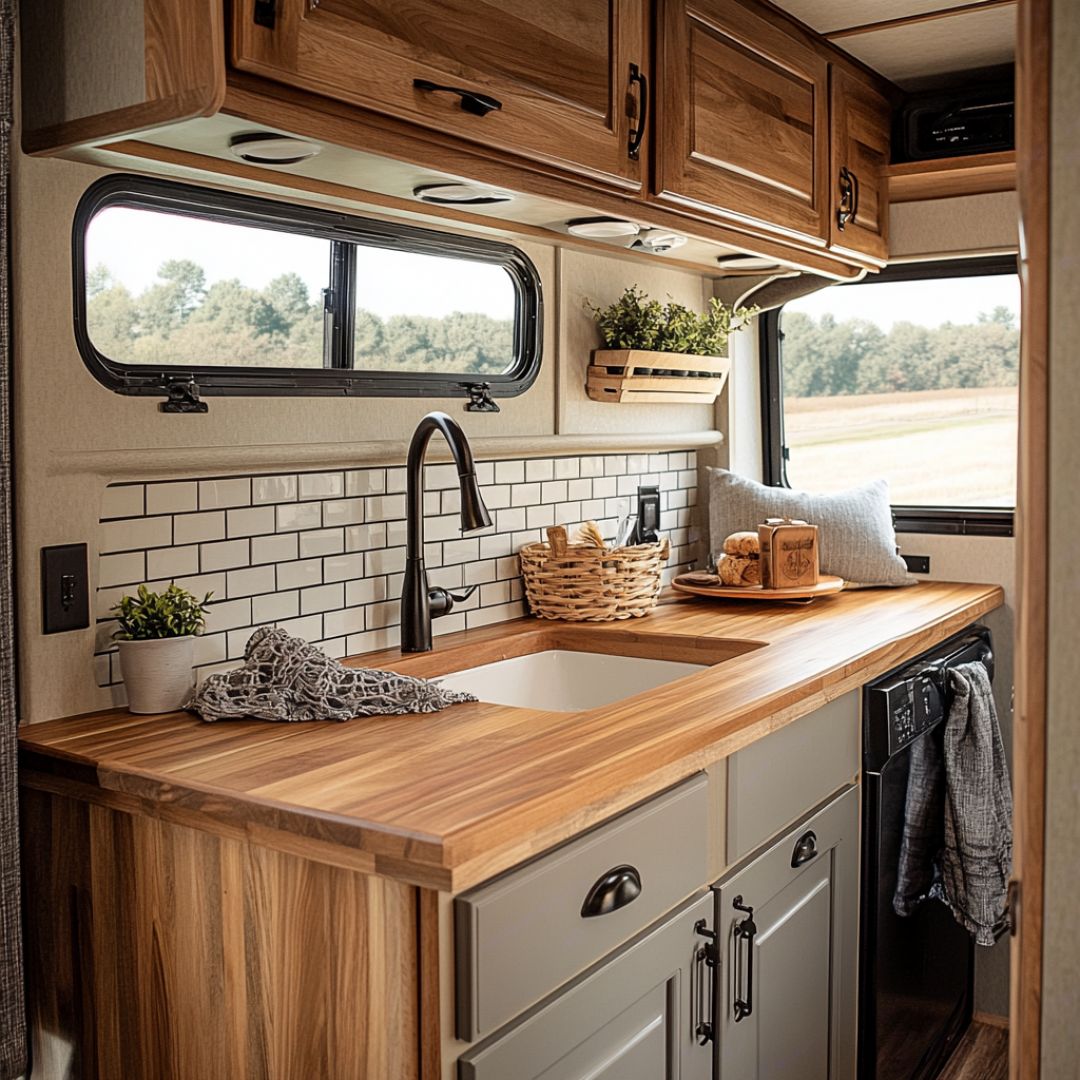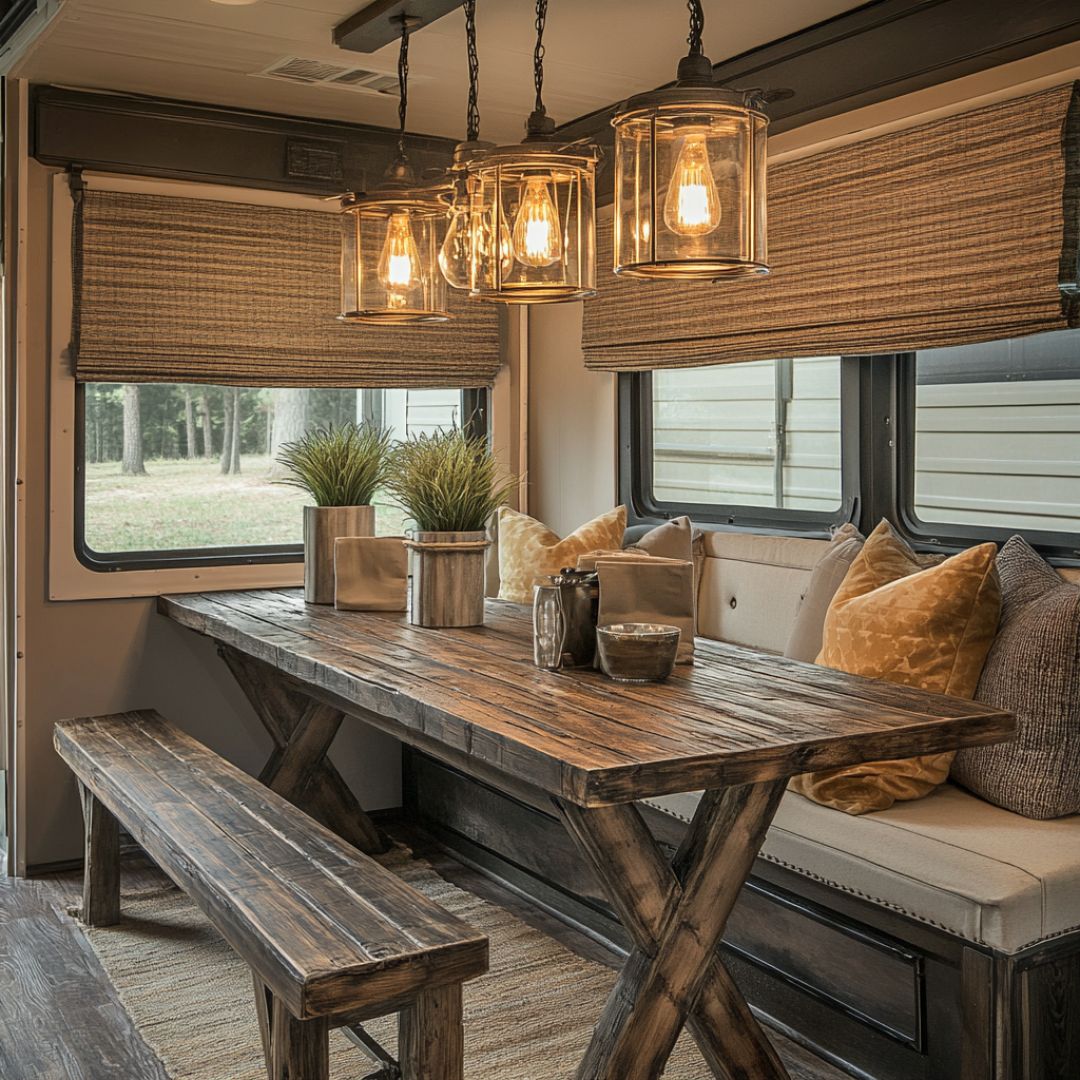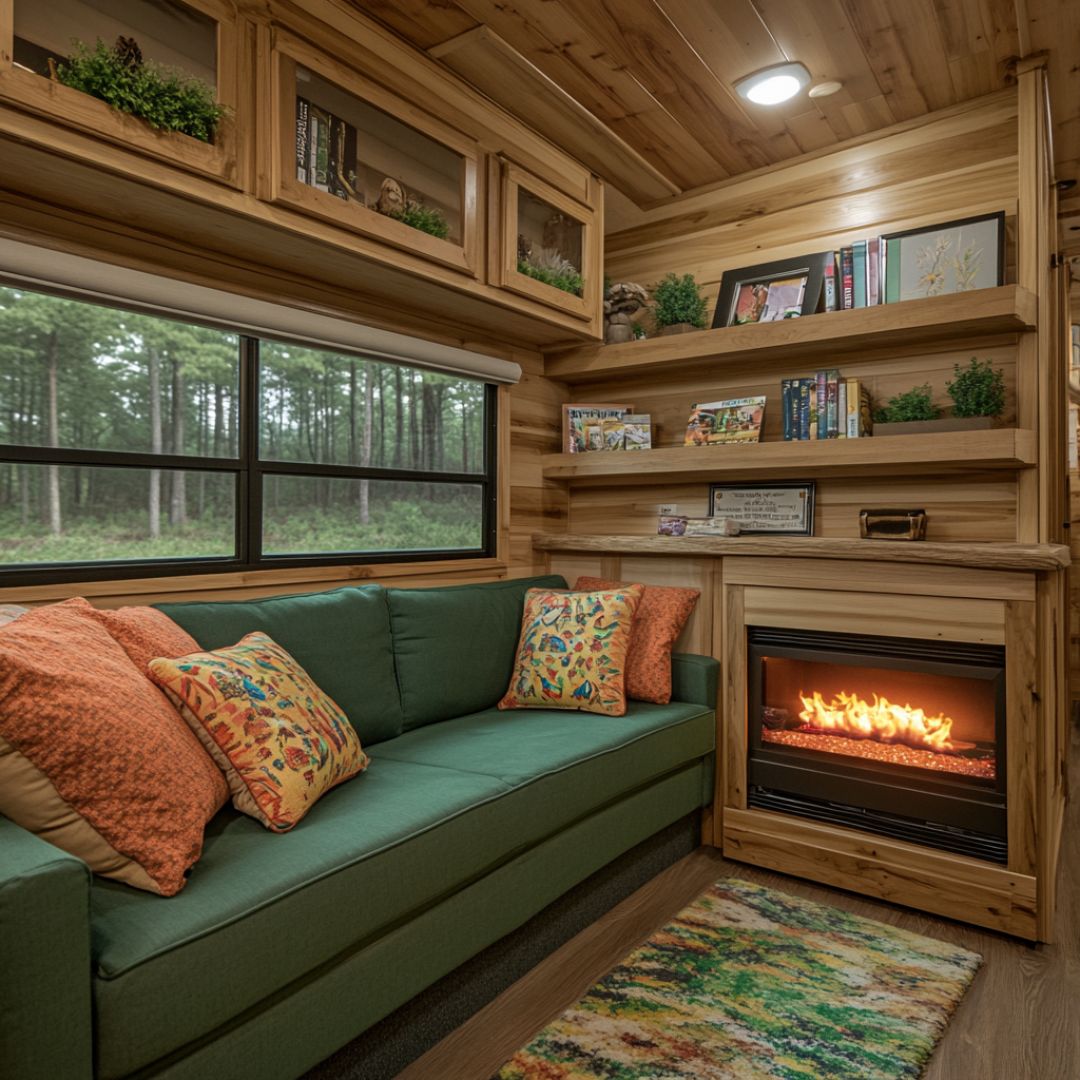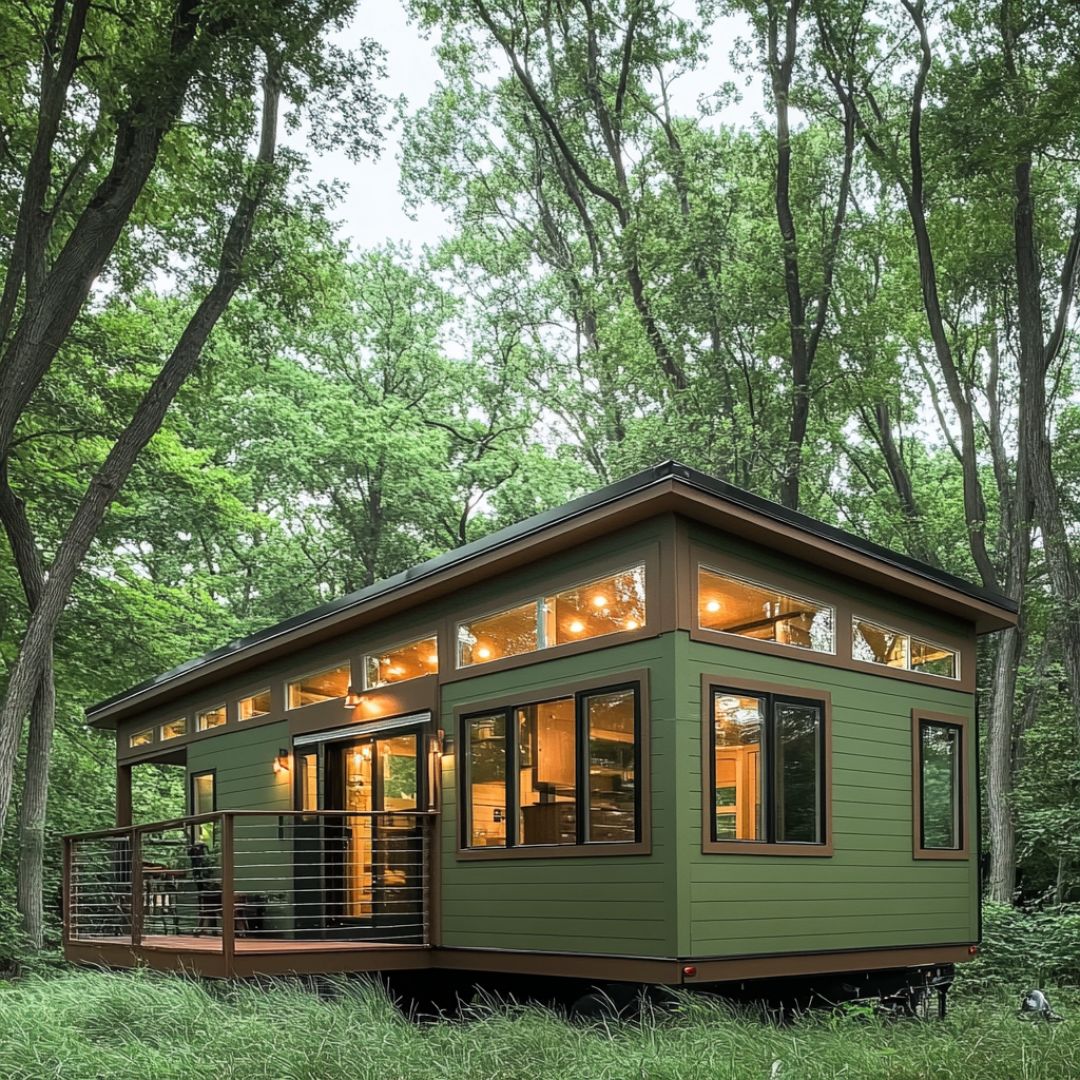At 37, Anna Wallace found herself standing on the edge of everything she had once known. A sudden layoff, mounting bills, and a painful breakup left her with no home and no sense of direction. For weeks, she carried her belongings in two duffel bags, staying wherever she could — a friend’s couch here, a shelter there. But no matter where she rested, she felt like she didn’t belong.
“I held on to hope because it was the only thing I had left,” Anna said. “But hope doesn’t pay for food or rent. I was running out of strength.”
During one long walk through the outskirts of town, Anna wandered into a wooded trail to clear her head. That’s where she met Rebecca, an older woman who lived nearby and often spent her mornings in the forest sketching. They struck up a conversation, and when Rebecca learned of Anna’s struggles, she insisted she come by her cabin for tea.
Over steaming mugs, Anna shared her story. Rebecca listened quietly, then smiled and said words Anna never expected to hear: “You need a place to heal. And I think I can help.”
Rebecca was part of a small community project that built tiny homes on forested land for people starting over. A home had recently been completed at the edge of the woods, unclaimed and waiting for someone in need. Within two weeks, Anna was holding the keys.
The house was tucked beneath tall pines, sunlight spilling through their branches onto the small porch. Painted soft white with cedar trim, it blended perfectly into the landscape, almost as if it had always been there. A path wound down to a quiet creek, and the air smelled of pine needles and fresh earth.
Inside, the tiny home was breathtaking in its simplicity. A cozy living area featured a cushioned window seat overlooking the trees, perfect for curling up with a book. The kitchen was small but practical, with handcrafted wooden cabinets and a shining kettle on the stove. The bathroom had a walk-in shower with stone tiles, while a loft bedroom above was lit by a skylight that revealed the stars at night.

The walls were decorated with nature prints and shelves filled with books left by past volunteers. A soft wool rug warmed the floor, and on the table sat a vase of fresh wildflowers, placed there by Rebecca before Anna arrived.
“The first time I stepped inside, I just stood there and cried,” Anna admitted. “For the first time in so long, I felt safe.”
That night, she lay in bed watching the stars through the skylight, listening to the gentle whisper of the forest. For the first time in months, she slept deeply.
Today, Anna spends her mornings journaling by the creek, her afternoons helping Rebecca in the garden, and her evenings curled up in her window seat. She has started painting again, something she hadn’t done since college, and even sells her art at a local market.
“I thought I had lost everything,” she said. “But this little house in the woods gave me more than I ever dreamed — it gave me a home, and it gave me myself.” 

Leave a Reply